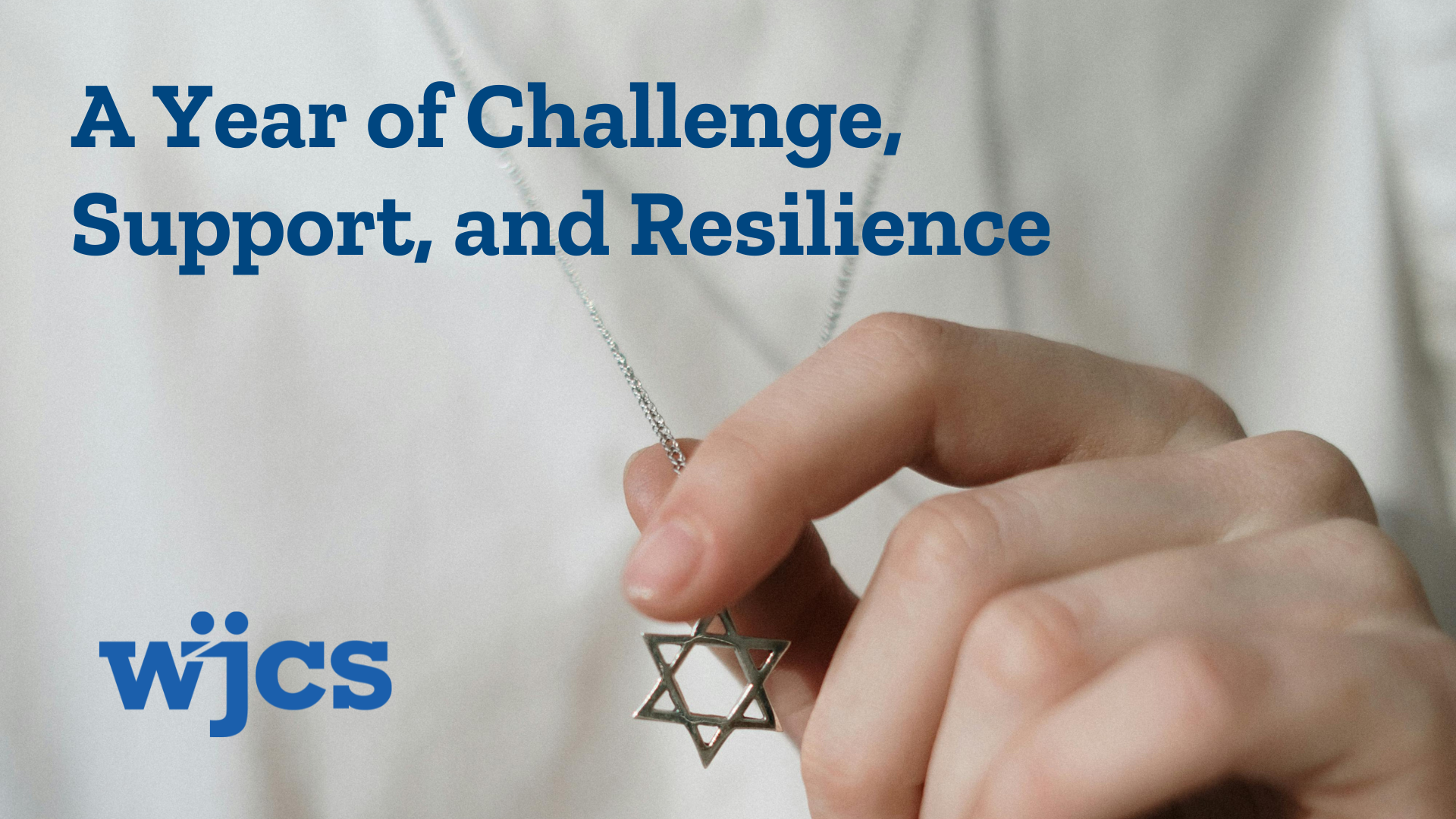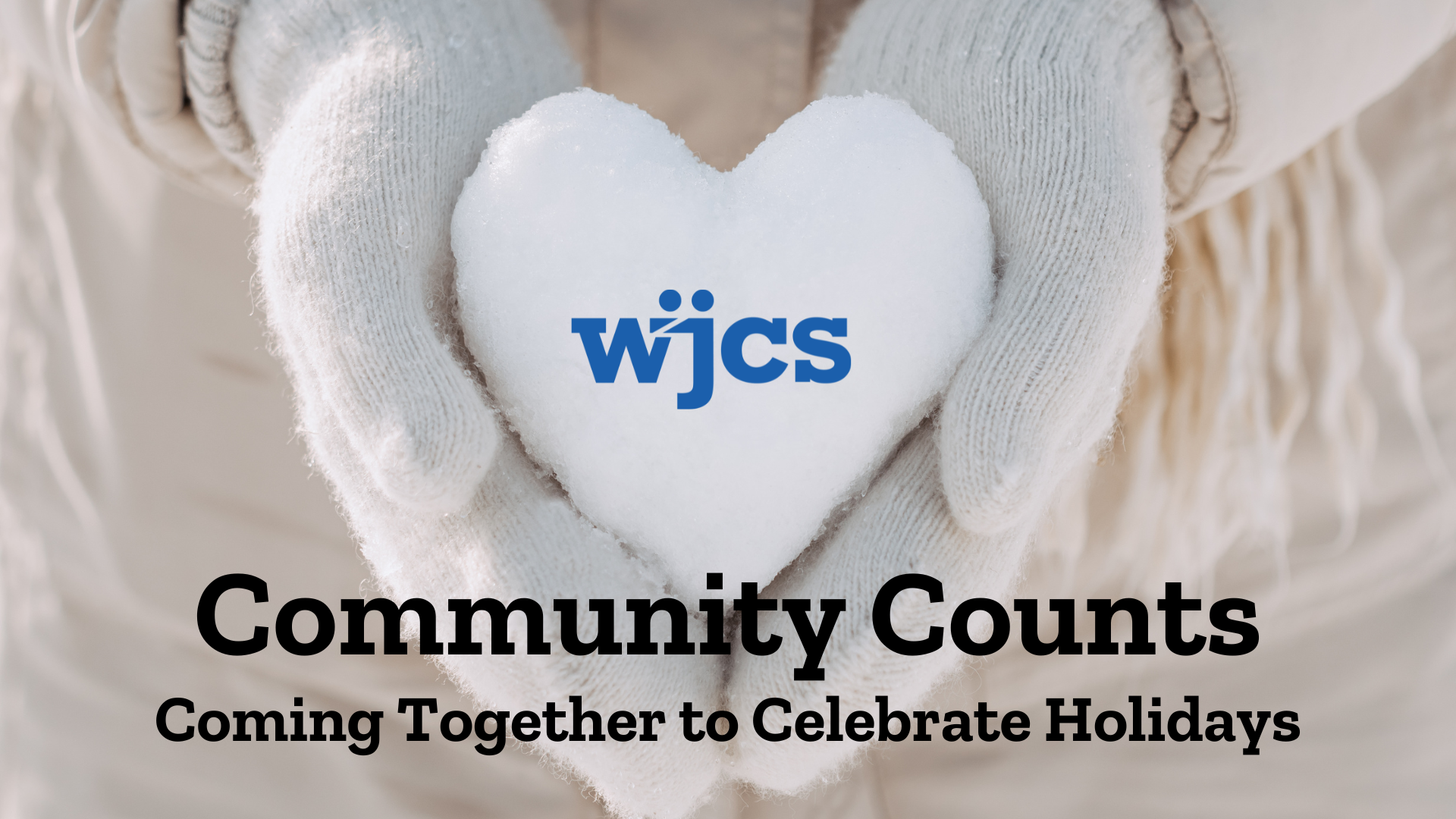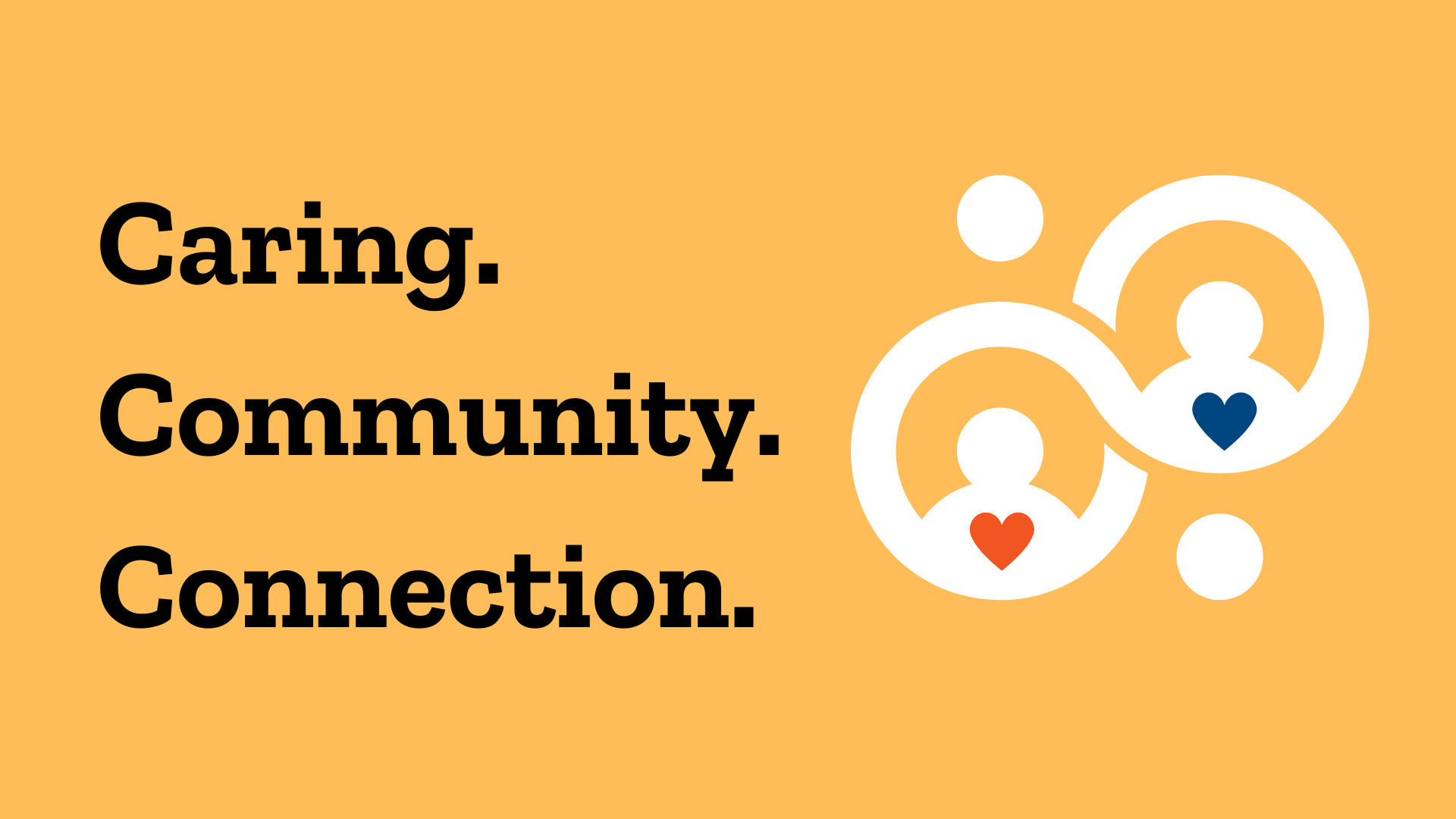October is Domestic Violence Awareness Month. While most of us recognize how devastatingly dangerous domestic violence is, both physically and emotionally, few of us are as knowledgeable as we should be about this vitally important social problem. Here are some common misconceptions about domestic violence…and the reality:
1. Myth: Most people report instances of domestic violence to the police.
Reality: Half of abused women do not tell the police, according to the U.S. Department of Justice’s Bureau of Justice Statistics.
2. Myth: Acts of domestic violence are generally physical or sexual.
Reality: Any pattern of coercive behavior—whether it’s physical, sexual, economic, emotional, and or psychological abuse—exerted by one family member or intimate partner over another in an attempt to establish or maintain power and control constitutes domestic violence.
3. Myth: People who suffer from domestic violence recognize that they are being battered.
Reality: A victim of domestic abuse may not identify family violence (physical or emotional) as domestic violence. This is especially true if there is no physical injury.
4. Myth: All cases of domestic violence are committed by men against women.
Reality: 83% of all domestic violence cases involve women being battered by men. 17% of domestic violence acts are committed by women. Domestic violence also happens in same sex couples and among teenagers.
5. Myth: People who suffer from domestic violence always want to leave the person committing the violence.
Reality: People who are victims of domestic violence are often protective of the abuser, blame themselves for “relationship problems,” and minimize and rationalize the abusive behavior.
According to the NY State Division of Criminal Justice Services, there were 1,724 domestic violence crimes reported in Westchester County in 2020. Each year, 3-4 million children and adolescents witness violence in their homes. Exposure to domestic violence affects children’s emotional development, social functioning, ability to focus and learn in school, moral development, and ability to cultivate healthy relationships in adolescence and adulthood.
If you or someone you know in Westchester is a victim of domestic violence, please contact the WJCS Trager Lemp Center for Treating Trauma & Promoting Resilience.
WJCS’ Margaret’s Place program, offered in partnership with the Joe Torre Safe At Home Foundation, provides middle and high school students a safe room at school where they can talk to each other and to a professional social worker trained in domestic violence intervention and prevention. Core components of the program include individual and group counseling, prevention curriculum in classrooms, peer leadership groups and staff, parent and community workshops. The non-threatening environment has proven to be an effective setting in which to promote discussion of issues surrounding violence, while also offering peer support and education. Margaret’s Place is available at White Plains High School, Peekskill Middle School, and Cross Hill Academy in Yonkers.




